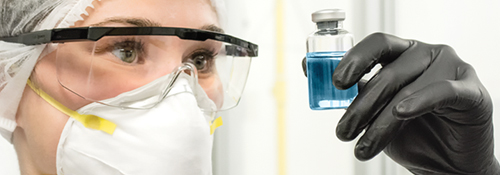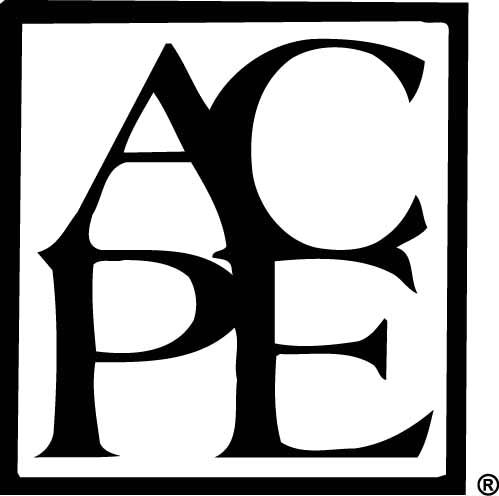Preparing for USP <800> Compliance

The handling of hazardous drugs poses specific challenges and requires the implementation of appropriate safety measures to minimize occupational and environmental exposure, due to the negative health effects associated with both short- and long-term exposure to hazardous drugs. The United States Pharmacopeia (USP) has recently approved General Chapter <800>, which creates standards for the handling of hazardous drugs in healthcare settings, with an anticipated implementation date of December 1, 2019. While this window provides time for entities to implement changes in order to achieve compliance, hazardous drugs continue to pose health risks; as such a review of safe handling procedures, personal protective equipment, engineering controls, as well as protocols and procedures for handling hazardous drugs is appropriate.
In this activity, participants will review the health risks associated with hazardous drug handling and how to minimize exposure by understanding the safety requirements outlined in USP <800>. In doing so, participants will also prepare for potential changes to both their practice and workflow in an effort to achieve compliance.
Intended audience
- Pharmacists
- Pharmacy Technicians
- Pharmacy Managers
Learning Objectives
For Pharmacists
- Review the routes of occupational exposure and risks associated with hazardous drugs.
- Discuss USP <800> compliance requirements for hazardous drug compounding.
- Describe workflow changes that may be required when working with hazardous drugs
For Pharmacy Technicians
- Review the routes of occupational exposure and risks associated with hazardous drugs.
- Recognize USP <800> compliance requirements for hazardous drug compounding.
- Identify workflow changes that may be required when working with hazardous drugs
FINANCIAL SUPPORT
An unrestricted educational grant has been provided by MEDISCA Inc.
COPYRIGHT
The activity is copyright © 2017 LP3 Network.

MARK FILOSI, BS Pharm, RPh |
Mr. Filosi is a compounding pharmacist for a thriving non-sterile and sterile practice with over 20 years of experience. He is also a surveyor for the Pharmacy Compounding Accreditation Board (PCAB), a service of the Accreditation Commission for Health Care (ACHC). Additionally, Mr. Filosi is the owner of Family Care Pharmacy in Plant City, Florida, where he is responsible for the sales and marketing of the compounding segment of his business. His compounding practice ranges from non-sterile hormone preparations to high-risk intrathecal preparations.
He graduated cum laude from Fitchburg State College in Fitchburg, Massachusetts, and then went on to graduate cum laude in Pharmacy from Massachusetts College of Pharmacy in Boston, Massachusetts. Today, Mr. Filosi is a preceptor for Florida A & M University, University of Florida and Massachusetts College of Pharmacy.
 | CPE Consultants, LLC is accredited by the Accreditation Council for Pharmacy Education as a provider of continuing pharmacy education. |
CPE Credits: 1.0 CPE hours = 0.10 CEUs
Joint Providership Status (CPE Consultants, LLC / LP3 Network)
Activity Type: Knowledge-based
UAN: 0864-9999-18-002-L07-P/T for Pharmacists and Pharmacy Technicians
Release Date: January 27th, 2018.
To receive CPE credits, participants must be in attendance during the entire presentation and submit a completed evaluation. Instructions for claiming credit will be addressed during the live event and also posted within the course.
CPE credits must be claimed by February 28th, 2018.
Please verify that the CPE credits have been posted to your NABP eProfile before February 28th, 2018.

 Facebook
Facebook X
X LinkedIn
LinkedIn Forward
Forward